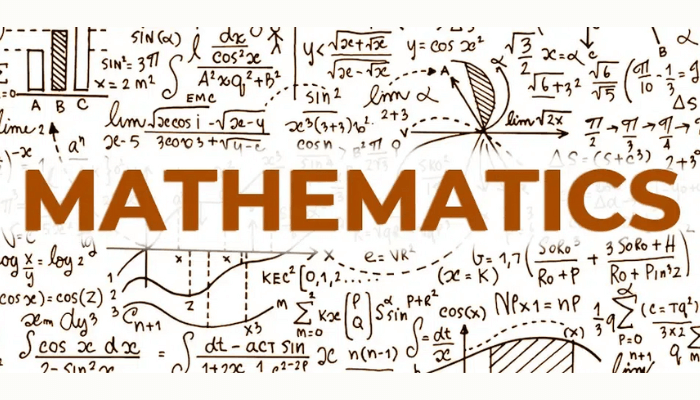The Federal Government of Nigeria has announced that mathematics is no longer compulsory for students seeking admission into arts and humanities courses in Nigerian universities and polytechnics.
This move, announced by the Ministry of Education, has sparked conversations across schools, universities, and education circles nationwide.
Here are five key things to know about the new policy and what it means going forward.
1. Mathematics Is No Longer a Must for Arts and Humanities Students
For many years, one of the primary prerequisites for admission to any course in Nigerian universities, regardless of discipline, for many years was a credit pass in mathematics.
Candidates in the arts and humanities will now require five relevant credits, including English, under the updated National Policy on Admissions; however, mathematics will no longer be compulsory.
This means aspiring students of mass communication, law, English, theatre arts, or linguistics, for example, can apply to universities even without a credit in math as long as they meet other relevant subject requirements.
2. The Policy Aims to Broaden Access to Higher Education
According to Dr. Maruf Tunji Alausa, Minister of Education, the decision was made to remove unnecessary barriers for qualified candidates and make tertiary education more inclusive.
Every year, thousands of students who perform well in arts subjects are denied admission because they fail mathematics—a situation the government says limits potential and discourages creativity.
By relaxing this rule, the ministry expects that hundreds of thousands more students will now be eligible for university and college admissions each year.
3. It’s About Realignment, Not a Drop in Standards
The government insists this move is not a reduction of academic standards but rather a realignment of admission requirements with course relevance.
Mathematics will remain mandatory for science, technology, and social science programmes, where quantitative reasoning is essential.
For instance, courses like engineering, computer science, economics, and accounting will still require a credit pass in math, but for literature or performing arts, it’s no longer a deal-breaker.
4. Mixed Reactions From Educators and Stakeholders
The policy has been met with mixed reactions from educators and stakeholders. While many teachers and parents welcome it as a relief for students with strong creative and linguistic skills, some education experts have voiced concern.
The Association of Retired Principals in Ogun State, for instance, warned that the move could weaken analytical and logical reasoning among students. They argue that a basic understanding of mathematics is still vital for problem-solving and intellectual growth, even in non-scientific fields.
Others, however, believe the change simply corrects an outdated system that has long frustrated arts students.
5. What It Means Moving Forward
This policy marks a significant shift in Nigeria’s educational landscape. For many students, it removes a long-standing obstacle to pursuing their passions in the arts. Universities and admission boards like JAMB will now have to adjust their systems and admission criteria to reflect the change.
However, experts say schools should still encourage students to build basic numeracy and critical thinking skills, even if math is no longer compulsory. Subjects like media studies, philosophy, or history still benefit from data interpretation, budgeting, and analytical reasoning.
If properly implemented, this reform could increase enrolment in arts programmes, promote inclusivity, and help thousands of students fulfill their academic dreams without being held back by one subject.
In summary:
The Federal Government’s decision to drop mathematics as a compulsory requirement for arts students represents a progressive shift toward flexibility and fairness. While it has sparked debate, it may also open new opportunities for creative and humanities-focused students across Nigeria.


















Hello!! My name is Anu
I'm a passionate digital media strategist and the creative mind behind FabWoman. My goal is to inspire and empower millennial women across Africa to live their most fabulous lives. Through FabWoman, I create engaging content that covers everything from fashion and beauty to health and lifestyle. When I'm not working, you'll find me exploring the latest trends, enjoying good food, and staying fit. Let's make every day fabulous together!